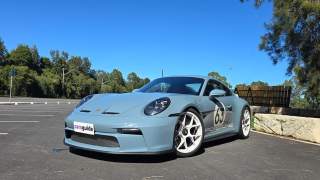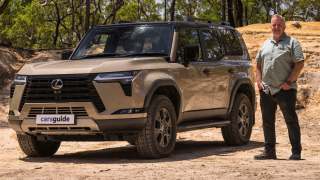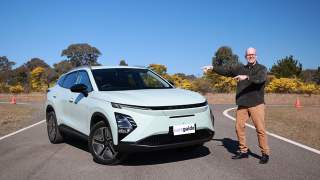
Hyundai and Kia US fined $300m

Hyundai and Kia pay a heavy price in the US for inaccurate fuel efficiency claims.
Exaggerated fuel economy claims in the United States have cost Korean car brands Hyundai and Kia more than $US300 million.
The makers have agreed with the Environmental Protection Agency and Department of Justice to pay a $US100 million penalty for breaches of the Clean Air Act.
The largest penalty in the history of the Act, it stems from the sale of almost 1.2 million vehicles that exceeded the certified greenhouse emissions by 4.75 million tonnes.
The additional costs of forfeiting emissions credits and preventing future breaches will come to $US200 million.
There's more: these sums are in addition to an out-of-court settlement of $US400 million with owners who filed a class action against Hyundai and Kia over the inaccurate fuel figures and changes by other brands - Ford, Mini and Mercedes-Benz among them - to fuel economy claims.
In the US, car makers earn credits for building vehicles with emissions lower than the legislated standards. The credits can be used to offset sales of thirstier and dirtier vehicles from the same brand or traded to other makers.
The original allegations related to the Accent, Elantra, Veloster and Santa Fe from the Hyundai stable and Kia's Rio and Soul.
The companies claimed the fuel economy discrepancies resulted from procedural errors in their joint testing in Korea. In November 2012, they corrected the fuel economy ratings and set up a reimbursement program.
EPA head Gina McCarthy says businesses that comply shouldn't have to compete with those breaking the law.
The settlement has little impact on the brands in Australia, as the laboratory-derived standards imposed on vehicles sold here are European-based and observed by independent auditors.
Kia Australia spokesman Kevin Hepworth says: "All vehicles sold in Australia that are common with Europe are tested under the European regulations which require a representative of the certifying body to be present at the time of testing and data collection.
"It has not and does not have any impact on or relationship to Kia vehicles sold in Australia." Hyundai Australia's Bill Thomas also cited Australia's different testing regime.










Comments